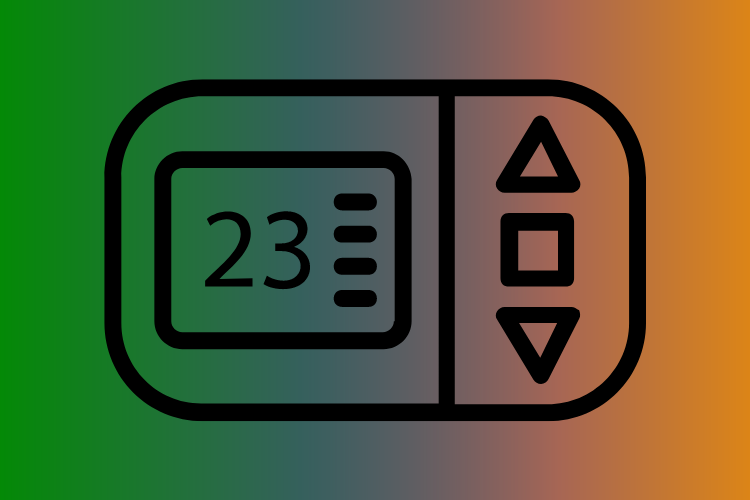How To Boost Central Heating Efficiency
We seem to be living in an age of constantly rising fuel prices, with the average UK home spending over £1200 per year on gas and electricity. We’re not suggesting turning the heating off and sitting shivering through the winter, but there are lots of things which you can do to make your current central heating work smarter, and cut your fuel bills too.
Check your Tariff
Before you even start thinking about spending money or time making changes to your central heating, make sure you’re on the best value tariff for your needs. Use one of the many price comparison sites to look at the different suppliers and if you’re not on the best deal for you, move. Some of the price comparison sites help you manage the moving process which doesn’t have to be complicated. If you switch to a tariff with a minimum contract period, make a note to repeat the process again once you’re not tied-in any more.
Bleed the Radiators
If your radiators feel warm at the bottom and cold on top, then excess air in the system is stopping them functioning efficiently. This is a really easy problem to solve. Use a special radiator key to gently loosen the valve at the top of the radiator. You should hear the air start to hiss out of the radiator. Keep a towel handy, whenever you see water start to drip out of the radiator then tighten the valve again. Repeat this process on every radiator in the house.
Flush the System Through
Over the years, the water flowing through your radiators will result in a build-up of sludge and other debris inside the radiators. The idea of a power flush is to literally flush all of that gunge out of the system, with the result of making the system run far more efficiently. It will cost around £300 to get a plumber to do this for you, but will mean that your heating works as it should and you should cut your heating bills too.
Add a System Inhibitor
Once you’ve flushed the system to clear out all of the debris, add an inhibitor to try to prevent more debris building up in the future. An inhibitor is a liquid which slows down the chemical reactions which cause the accumulation of debris. You can pick up a large tub of inhibitor for less than £15, so it doesn’t take much of an efficiency improvement before the work pays for itself. If you are having someone in to flush the system, ask them to add the inhibitor at the same time.
Radiator Reflectors
One of the lowest-tech ways of getting the most out of your central heating system is with reflector panels placed down behind your radiators so that the heat is reflected back into the room rather than into the wall. The reflective foil can be bought on a roll from most large DIY stores and is very easy to fit. As a very makeshift solution, you could even use kitchen foil, shiny side out.
